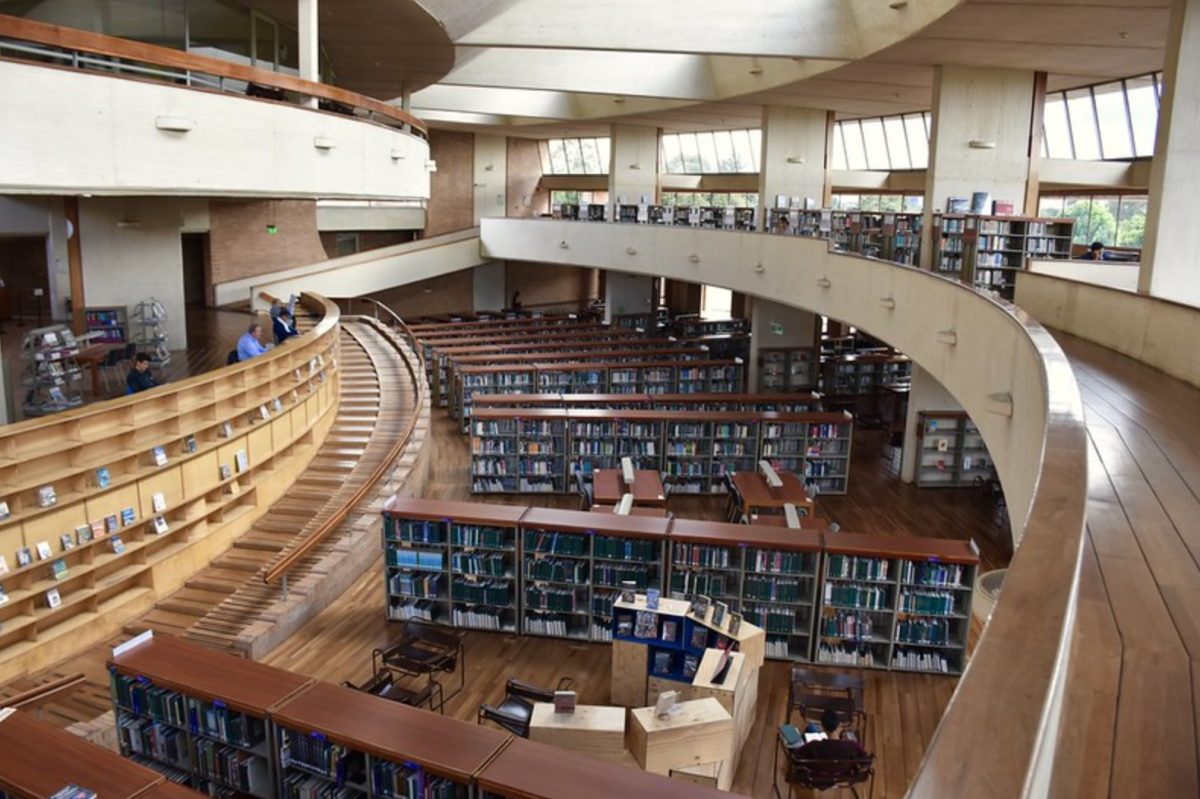In March 2020, when the COVID-19 pandemic sparked mass school, university and library closures worldwide, the Internet Archive launched the National Emergency Library (NEL). The NEL, which would have celebrated its fourth anniversary this year, opened up free, unlimited access to over a million digitized books for students, scholars and the broader public. However, this initial emergency response rapidly turned into a copyright battle, with publishers arguing that Internet Archive’s lending practices violate their rights. The lawsuit has generated broader discussion over how to strike a balance between open access to knowledge and the safeguarding of intellectual property in the digital era.
The Internet Archive, a non-profit created by Brewster Kahle, has long supported digital access to books, movies, music and websites. It runs Open Library — a website offering access to over 4 million books that have been digitized — through a system it calls Controlled Digital Lending (CDL). In CDL, for every physical book the IA possesses, it lends a single digital copy, much like traditional libraries. However, when the IA introduced the National Emergency Library, these restrictions were cast aside and free access to its digital collection was provided for four months. Its purpose was to provide educational resources to people who had been cut off from physical libraries at the height of the pandemic.
Though conceived with good intentions, this quickly became a point of contention for publishers. In June 2020, Hachette, HarperCollins, Penguin Random House and John Wiley & Sons sued the Internet Archive for massive copyright infringement, arguing that the NEL lacked the necessary licenses to digitize and distribute the books. Furthermore, they claimed that free access to their works overall reduced their sales and deprived authors of royalties. This argument effectively portrayed the IA as a large-scale pirating service, distributing copyrighted material without licenses.
However, the Internet Archive claimed that its practice is in the tradition of library lending and merely an effort to bring the library model into the digital age. IA argued that the NEL was a temporary and necessary response to the global crisis, stressing that no one had made money off the program. Kahle considered the lawsuit just a small part of a much larger attack on the role of libraries in providing public access to information and media, particularly those that are becoming increasingly dependent on digital resources.
In March 2023, to global outcry, the District Court for the Southern District of New York ruled in the publishers’ favor. The court further claimed that the lending practices used by the Internet Archive, whether through the CDL or NEL, amounted to wide-scale copyright violation despite the lack of profits. This verdict halted the Internet Archive’s regular functions and raised questions for open-access advocates.
Recently, the Internet Archive appealed the decision on the basis that the case could set a chilling precedent for how libraries function. Kahle, in particular, expressed concern that the case could undermine the ability of the public to freely access books online — potentially affecting millions of students, educators and general readers worldwide who rely on the internet for learning.
The case is still pending, but its eventual verdict will have wide-reaching consequences on the distribution of copyrighted works in the future. The nature of the issue raises broader questions about how copyright law should develop in the digital age, particularly regarding how libraries can fulfill their mission to provide access to information and, at the same time, protect the rights of authors and publishers, and additionally, how to protect access to knowledge in a world that is increasingly dependent on digital resources. The results of the ruling will have far-reaching impacts on the future of digital lending, copyright law and public access to information, but only time can tell what they will be.











































